Advisory Sessions: Translating Your Talent into a Career in Digital Media
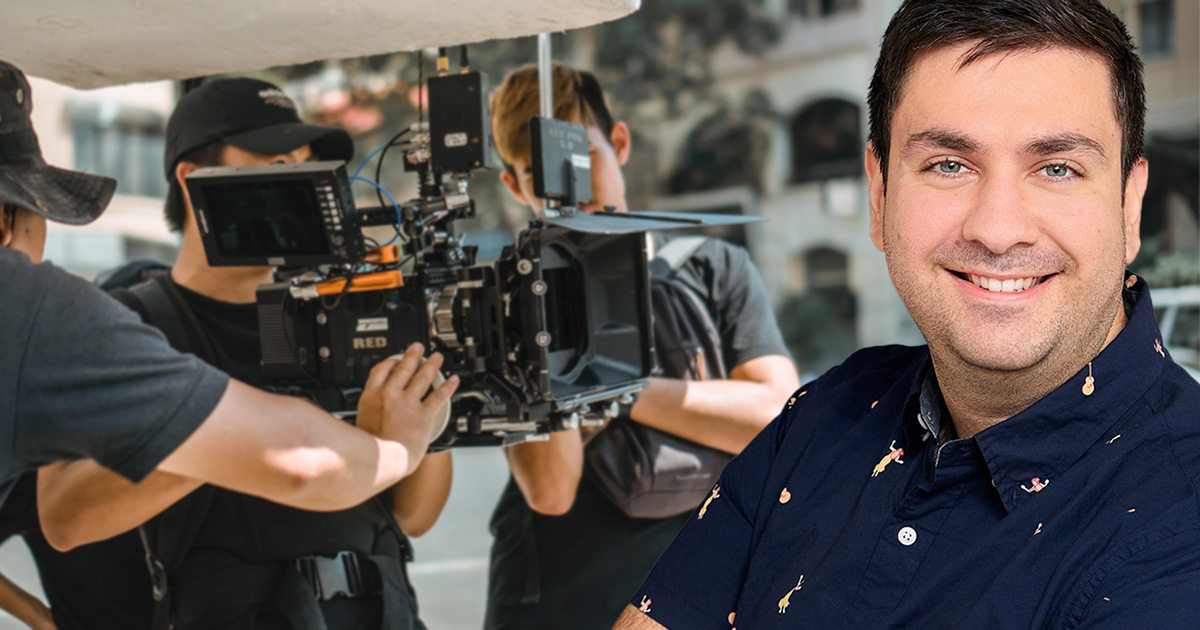
In this interview, film and TV producer Deniz Coker shares his insights into hiring trends in digital media production. Deniz has over a decade of experience in the digital media and entertainment industry, has worked on multiple Emmy/award-winning productions and has been a member of the Television Academy. He presently runs Deniz Coker Productions, a thriving creative company servicing the entertainment industry.
Q: Deniz, what types of companies are hiring individuals in your industry?
Small design firms such as my company are hiring; we’re growing and need to be able to staff projects as we book them. Having a team creates consistency especially when they’re familiar with our tools, best practices, and industry specific needs. The allows us to better respond to the needs of our clients, and gives designers a chance to “master” their craft rather than hopping from one abstract project to the next.
Large in-house departments (think Nike, HUGE, and so on) tend to hire for similar reasons to the above. Many larger firms go through cycles of in-house vs outsourcing. It’s common to tap vendors who staff up on designers, then eventually “take the business in-house,” so to speak. There are a myriad of reasons why this happens, but the most consistent thing is that it tends to be cyclical.
Q: What advice do you have for job applicants regarding the job search and interview process? How can they stand out from the crowd?
This is tricky and it’s going to vary significantly based on where you interview. If you’re going for a larger corporate gig, they’ll probably put an outsized emphasis on résumés and the “credential based hiring process” as I call it. I don’t necessarily think that’s fair in the world of design since what we do is so visual. I think you’ll find at the agency level that it matters less where you went, or what your grades were, but rather if the talent is there, then that’s what matters.
You don’t have to have a portfolio with every brand under the sun, but you have to show promise and an understanding of the principles of design. So much of this is also personality based, so being receptive to feedback and understanding that we are creating for clients who have a specific need is a very important thing to constantly keep in focus. Come up with a portfolio with some solid work. These don’t need to be for big brands (or any brands), but show what you can do and really challenge yourself.
I personally don’t think it’s great to chase trends as many of the things that make a good ad or a good commercial are pretty consistent over the years. You’ll find social media flooded with examples of the same copy paste work. Be careful not to fall into the trap of only doing things that are currently popular on social media. A good Art Director will see right through that.
Q: What software (such as Photoshop) or technical skills are essential?
Knowing the core Adobe Creative Suite is a fantastic start. If you’re going into a more tech focused field, having a basic understanding of something like HTML, or CSS will go a very long way. You need to be able to design with empathy, and that involves understanding what developers will go through, and what hurdles they will face while trying to interpret your designs into functioning code.
Right now Figma is to go-to UX/UI tool. Know that tools will come and go and in the hyper-evolving world of product releases, we tend to cycle through products every couple of years. The good news is most of these products work the same way, and the way they’re applied in a professional setting is fairly consistent. For film and animation you may be using tools such as Maya, Houdini, DaVinci, or Avid. Blender wasn’t really used in big productions until recently and now we have entire VFX flows around it.
Q: What foundational skills do job applicants in your industry need?
Number one is time management. It’s the one thing I see so many junior designers struggle with. It’s much harder than it looks and we’re always working up against the clock. Being able to quickly assess something and understand how long it will take and what it will entail, is one of the most crucial skills. It’s one thing to design a masterpiece, it’s another to design the appropriate deliverable in the amount of time that is needed.
Also important is the ability to take feedback. You’ll have some great creative directors and art directors to learn from, and some terrible ones that you will also learn from for different reasons. Take all of these experiences and use them to become better when you have their role someday. I know that clients aren’t always the best at communicating what they need; try your best to put yourself in their shoes. Some clients may be pushy and some may even really dislike the work you do. We can’t take it personally at the end of the day and we need to be able to work with people to deliver what they ultimately need. Have a solid understanding of the principles of design. Understand shape, silhouette, hierarchy, color, repetition, and contrast. These principles apply to anything visual.
Q: What types of creative projects should job applicants in your industry have experience in producing?
Production-level work often means working with the understanding that someone other than you will need to work on a deliverable. Create files that are organized, use comps, layer groups, naming conventions, folder structures. Many places will have their own enforced organization plan but be prepared to be as tidy as possible. You’ll work much better, and others will appreciate what you do.
Work in the right resolution. This doesn’t mean everything needs to be 8k. Give yourself some padding and perhaps make things slightly larger. Choose the right pixel density. The right color space. If you don’t get these right, your design won’t be usable, no matter how nice it is.
Q: What professional attitudes and behaviors are important?
A willingness to learn is key. None of us will ever know it all, so it’s a constant process. School just starts the learning process but we continue it our whole lives. You will learn more as you continue on in your career.
As the Greek philosopher Epictetus once said, “We have two ears and one mouth so that we can listen twice as much as we speak.” Also be willing to work as a team. Others will often contribute to what you’re doing and may challenge your way of thinking. Take this as an opportunity to enrich the product for the better. If you alone can make something great, then a few of us working together can make something exceptional.
At Disney we had a notion known as “Yes, if.” Instead of shooting down an idea with a “no,” try to think of a way to get to “yes, if only we try x, y, z.” You’ll find yourself coming up with creative alternatives and will kick start the collaborative process. This doesn’t mean we should never say no—there are many great reasons to turn things down. But we should consider an alternative perspective if prudent to do so.
Q: In your industry, does a graduate need to present a portfolio in order to be considered for a position? If so, what portfolio format?
Yes a portfolio is a must! I prefer an online version although password protected is common as some work is not always publicly sharable. For general creative work: A portfolio with an assortment of designs and options.
There are two types of designers: specialists who have a very specific aesthetic, who are often hired to do a very specific thing. The other is generalist, and for that you can expect to show a wide variety of designs and situations. Neither is more important than the other. There is a need for both. Be sure to include a description of what it is you did, and what your intent was.
Be sure to list any inspiration or references as well. We’re trying to learn more about your thought process and how you solve problems. I love to see drawings and wireframes and unfinished examples of how you got to your finished product. So many young designers (I was once this way myself) only show up with polished work, but understand how important it is to show how you got there. In my humble opinion, it’s just as important, if not more so, than the end product.
For film and motion media: Come up with a reel. Perhaps a minute long. Show breakdowns, explain what you were going for, take some risks, and have some fun. Go outside with an iPhone and tell a story. That needs no budget and no special tools. This is much more about your unique perspective and how you frame things. Don’t worry about looking polished or “pro.” You’ll be given all the fancy tools and camera when you’re on the job. Your vision and ideas are what you bring.
Q: What advice do you have for starting and maintaining a new job? Please share any “lessons learned” that might be helpful to graduates entering the field.
Get ready to learn! Every place you work is going to have a very unique way of doing things, and take that as an opportunity to learn. This will only make you a stronger designer, because at the end of the day we’re constantly amassing a tool kit of skills to take on various situations and problems that we will come across throughout our career.
Many times you will get feedback from clients, and sometimes they will hate the work. Do not take it personally ever. We have to be in the business of understanding that we’re doing something for someone, and they may not be creative and may have a hard time explaining what they want or what they need. It’s up to us to be crystal clear on what the deliverable will be, but to also guide them towards what they need. We are the expert after all.
For more information about Deniz Coker, visit our Advisory Board. For more information on Digital Media majors at Sessions College, visit our Digital Media programs page.

Sessions Staff is a restless soul who loves to share relevant news and design industry information with current and prospective students. Read more articles by Sessions Staff.
RECENTLY ON CAMPUS























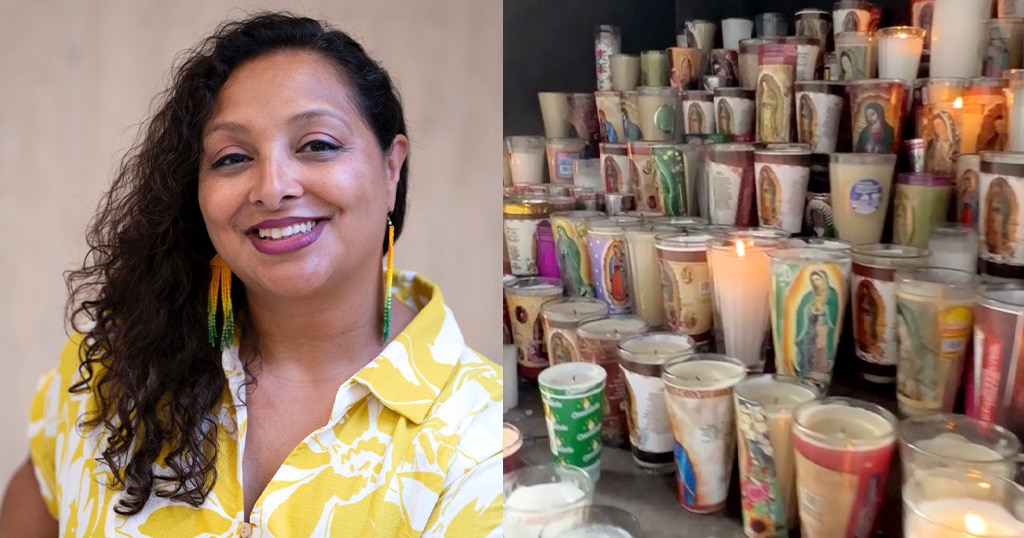
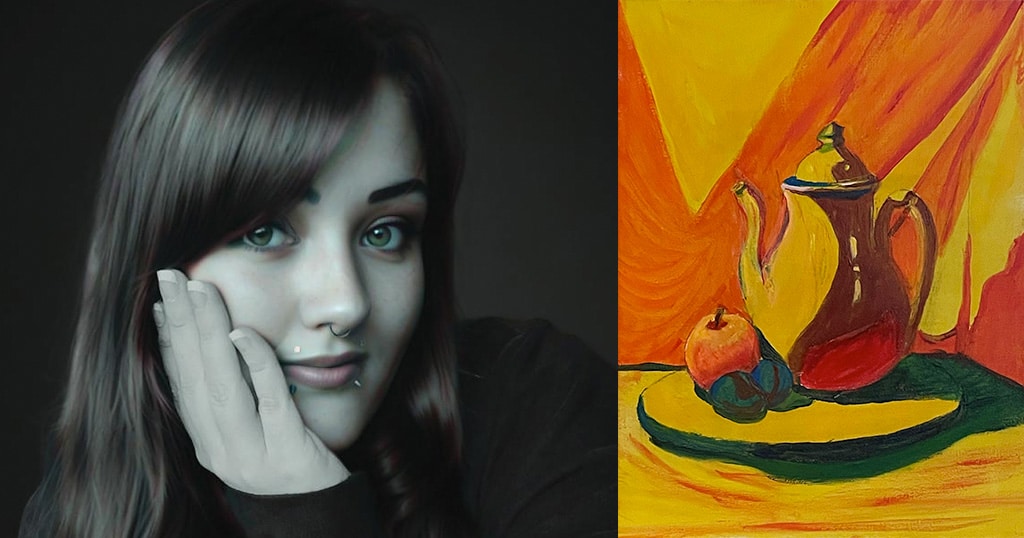
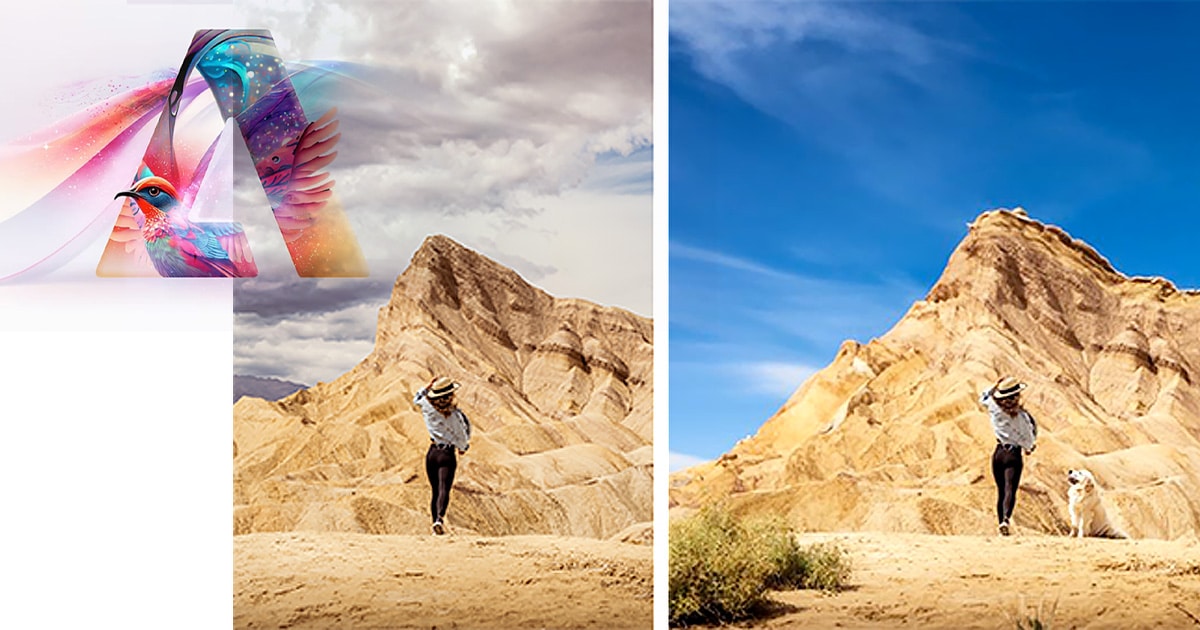 What Photoshop’s new AI Tools Mean for the Creative Community
What Photoshop’s new AI Tools Mean for the Creative Community
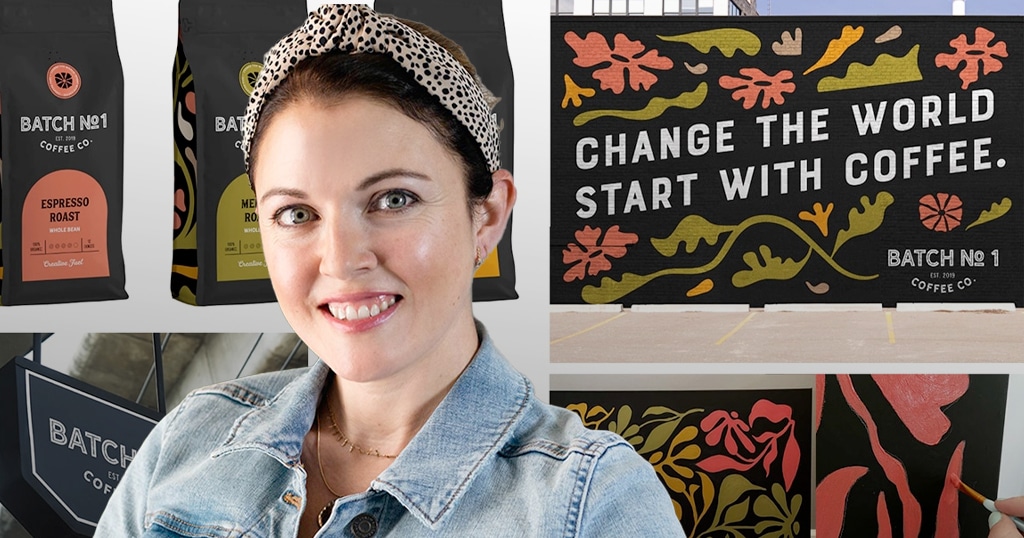 Gaining Confidence and Working with Clients
Gaining Confidence and Working with Clients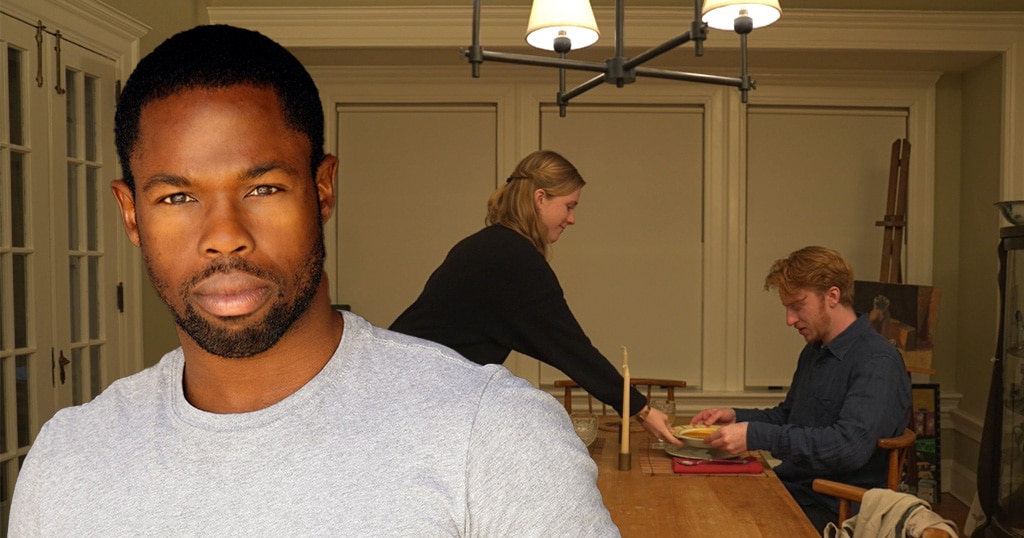 Exploring the Artistry of Filmmaking
Exploring the Artistry of Filmmaking